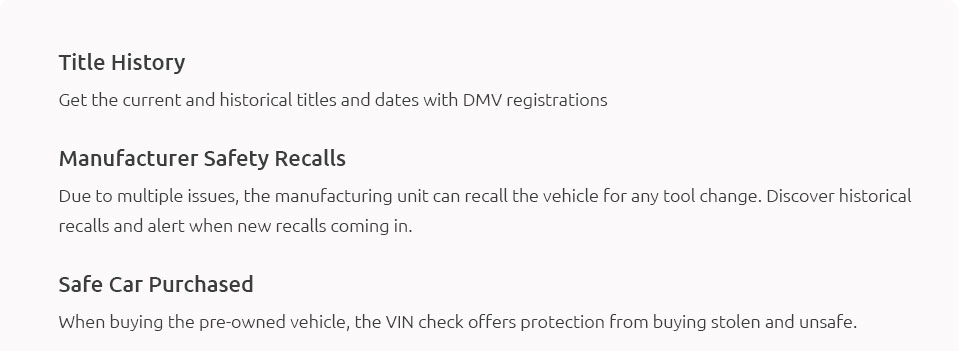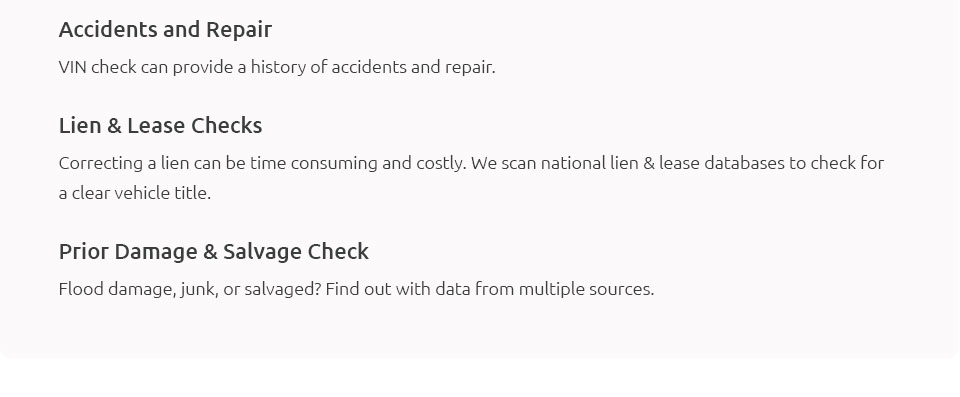 |
 |
 |
 |
 |
||
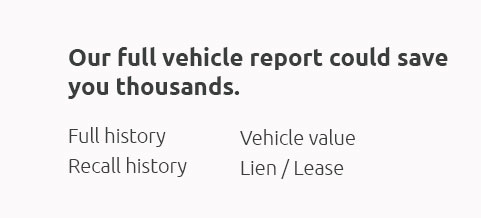 |
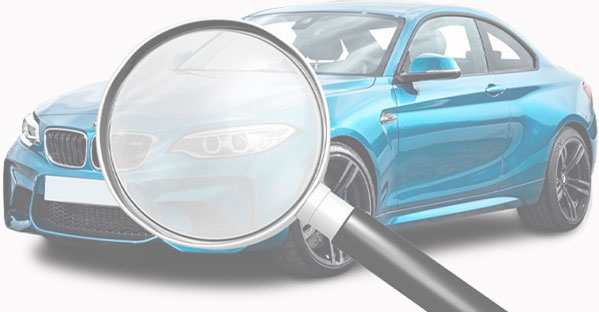 |
|
 |
 |
|
 |
 |
 |
 |
||
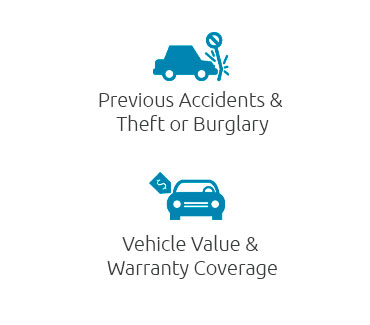 |
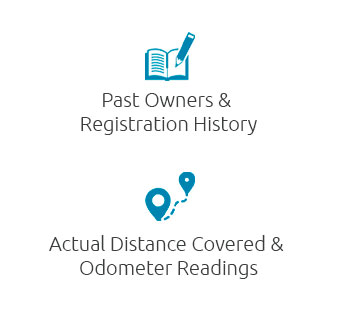 |
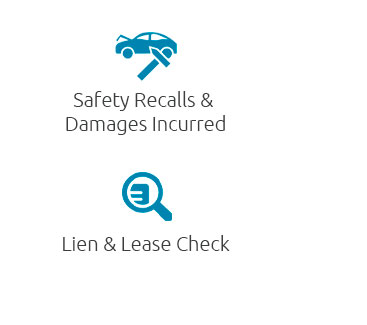 |
 |
 |
 |
||||
|
||||
 |
 |
Understanding VIN Lookup to Find License Plate Numbers: A Comprehensive GuideIn today's digital age, where information is at our fingertips, the ability to find crucial details about a vehicle through its Vehicle Identification Number (VIN) is invaluable. A common question that arises is whether a VIN lookup can be used to discover a vehicle's license plate number. While the answer is not straightforward, this article aims to delve into the intricacies of VIN lookup, providing a nuanced understanding of its capabilities and limitations. The Vehicle Identification Number, or VIN, is a unique code assigned to every motor vehicle when it's manufactured. This 17-character string serves as the vehicle's fingerprint, providing essential information about the car's make, model, year, and country of origin. However, when it comes to linking a VIN to a license plate number, the process is not as direct as one might hope. Why Can't VINs Directly Reveal License Plate Numbers? The primary reason VINs do not directly reveal license plate numbers lies in privacy and legal restrictions. License plates are considered personal information, often protected under privacy laws to prevent misuse. While VINs are publicly accessible, license plate details are typically held by governmental agencies, such as the Department of Motor Vehicles (DMV), and are not publicly available without proper authorization. How to Perform a VIN Lookup Despite these limitations, a VIN lookup remains a powerful tool for gathering information about a vehicle. Using online services, such as search car value by vin number, individuals can access a wealth of data, including vehicle history, recalls, and more, though not the license plate number directly. These services pull from various databases, offering insights into a vehicle's past life, which can be especially useful when buying a used car. Is It Possible to Find License Plate Numbers? While direct VIN-to-license plate searches are restricted, there are instances where it may still be possible. For example, law enforcement and certain authorized entities can access databases that link VINs to license plates. Additionally, if you have a legitimate reason and appropriate permissions, you might be able to request this information from your local DMV.
For the general public, however, it's crucial to recognize the boundaries set by privacy regulations and to respect them. Using VIN lookup tools for their intended purposes, such as checking a car's history or ensuring its value, as seen on platforms like lookup vin details, can provide valuable insights without crossing legal lines. In conclusion, while VIN lookups offer a plethora of vehicle information, discovering a license plate number through this method is generally beyond reach for the average person. It's essential to approach such inquiries with an understanding of privacy laws and the ethical considerations involved. By leveraging VIN tools responsibly, one can still gather meaningful insights that aid in making informed decisions, particularly when it comes to vehicle purchases and assessments. https://iowalicenseplate.com/
Perform a license plate lookup in Iowa easily and conveniently with our reliable and accurate service. Access important information about registered ... https://www.vinaudit.com/license-plate-lookup/iowa
At VinAudit, you can access a full car report by providing a vehicle's license plate number. This service helps you make an informed decision by revealing ... https://epicvin.com/license-plate-lookup/iowa
The only identifying information released to the public is the first and last names of previous owners. Our license plate and VIN check tools only show you the ...
|

